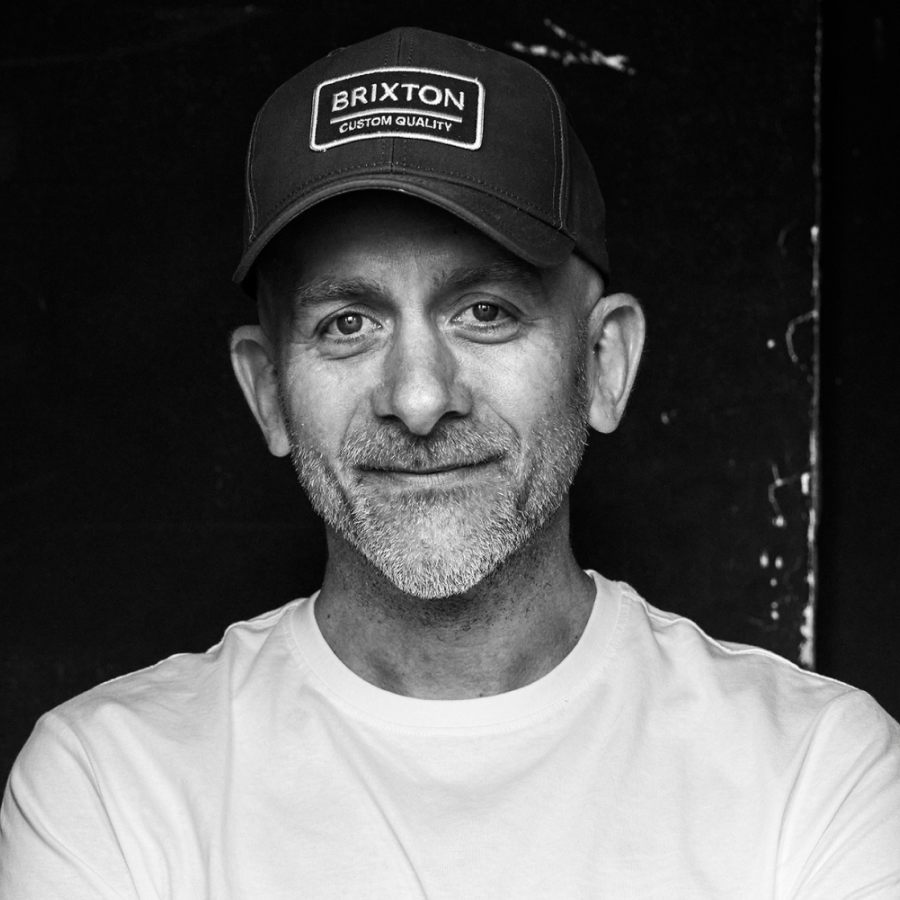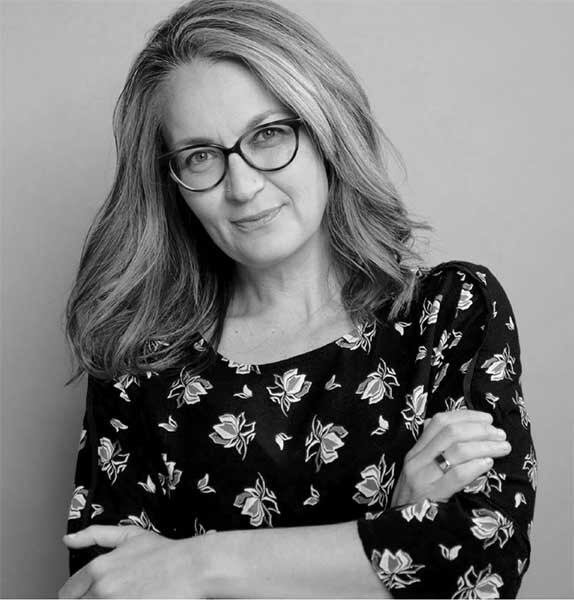
ASKING FOR A FRIEND
What methods do you use to manage burnout?
ASKING FOR A FRIEND - QUESTION
When back-to-back difficult projects leave you feeling burnt out and demotivated, how do you find your way back to baseline? Psychologist Jocelyn Brewer and Creative Director Jeremy Willmott share practical, tested strategies for managing burnout in the creative industry. From three-tier prevention approaches and digital boundaries to the powerful 4 L's debriefing method, this conversation offers real tools for protecting your wellbeing whilst maintaining creative excellence. Hosted by Andy Wright, this discussion tackles the reality of creative work pressures with warmth, wisdom, and actionable advice you can implement
Finding Your Way Back: Practical Strategies to Overcome Burnout and Demotivation
When difficult projects pile up and client relationships turn sour, it's natural to feel demotivated and burnt out. The creative industry can be particularly challenging, with back-to-back negative experiences leaving you questioning your abilities and wondering how to bounce back to baseline.
This question was answered by Jocelyn Brewer – Psychologist and Cyberpsychology Consultant – who specialises in the intersection of psychology, technology, and authentic wellbeing, alongside Jeremy Willmott – Creative Director at Paper Moose – who brings real-world agency experience to managing burnout. The discussion was hosted by Andy Wright, founder of Never Not Creative.
The Three-Tier Approach to Burnout Prevention
Jocelyn introduces a structured approach to managing burnout through three levels of strategies. "I think of self-care and burnout and those strategies as being micro strategies, little ones, MISO strategies, medium-sized ones and macro strategies, big ones," she explains.
Micro strategies are your daily or weekly practices, MISO strategies happen fortnightly or monthly, whilst macro strategies are the bigger breaks – like taking two weeks' leave every six months. This layered approach ensures you're not just reacting to burnout but actively preventing it.
Looking After Your Nervous System
The foundation of burnout recovery lies in caring for your physical and mental vessel. "Looking after your adrenals I think is a really big one here and how do we actually settle our adrenals, how do we actually work with our nervous system," Jocelyn notes.
This might involve somatic practices, maintaining a good diet, or seeking support from professionals like naturopaths or nutritionists. The key is recognising that creative work requires your nervous system to be in optimal condition, and this needs intentional care and attention.
Digital Boundaries and Cognitive Overload
One practical strategy both speakers emphasise is managing digital overwhelm. Jocelyn uses an app called Freedom that "locks me out of all of the fun stuff on my phone from 10pm to 8.30 in the morning." This removes the decision fatigue around checking devices and creates natural boundaries.
Jeremy echoes this, explaining how "an overwhelming amount of communication channels and things to respond to and notifications and meetings" contributes significantly to mental load. His approach is simple: "I tell people I've managed turn Slack off, turn it off for 2 hours and do some work. It's OK. We don't have to be in communication all throughout the day."
The Power of Debriefing with the 4 L's
At the end of challenging projects, Jocelyn recommends using the 4 L's framework for debriefing: "What did you like, loathe, long for and learn?" This process helps you "almost tidy up that project, be complete on it, get your learnings and then leapfrog into the next one."
This structured reflection prevents projects from bleeding into each other emotionally and helps extract valuable insights from difficult experiences, turning them into growth opportunities rather than just sources of stress.
Recognising the Signs Early
Jeremy emphasises the importance of recognising burnout signs before they become overwhelming. "A lot of people tell you straight away that they're feeling like they're having burnout and that shouldn't be ignored," he says.
Jocelyn introduces the concept of "brown out" – the stage before full burnout hits. Catching yourself at this earlier stage makes recovery much more manageable and prevents the deeper exhaustion that comes with full burnout.
Creating Space for Creative Thinking
Both speakers highlight how constant connectivity destroys the mental space needed for creative work. As Jocelyn puts it, we're "trying to play the newest version of Fortnite on a Commodore 64" – our brains simply aren't designed for the information overload we face daily.
The solution involves being "really strict about our boundaries of maker mode or manager mode" and recognising that creative work requires uninterrupted thinking time, not constant availability.
NNC Circles: Peer Support for Creative Professionals
Never Not Creative Circles offer structured peer support specifically designed for creatives facing mental health challenges. These monthly sessions connect small groups of 8-10 creatives in safe, confidential spaces to share experiences and learn practical wellbeing skills.
Each Circle provides mental health education, group discussions, and action planning, all facilitated by trained professionals. With a minimum six-month commitment, Circles create lasting supportive communities that understand the unique pressures of creative work. Learn more about NNC Circles.
When to Seek Professional Help
If burnout symptoms persist or feel overwhelming, it's important to seek professional support. While peer support and self-care strategies are valuable, sometimes additional help from qualified mental health professionals is needed.
Never Not Creative provides resources and guidance on where to find appropriate support when you need it most. Find professional help resources.
Remember, experiencing burnout doesn't reflect your worth as a creative professional. It's a sign that you're human, working in a demanding industry, and it's completely manageable with the right strategies and support. The key is catching it early, implementing structured approaches to recovery, and building sustainable practices that protect your wellbeing long-term.
our guests
Industry Leader

Jeremy Willmott
Paper Moose
Mental Health Expert

Jocelyn Brewer
Host

